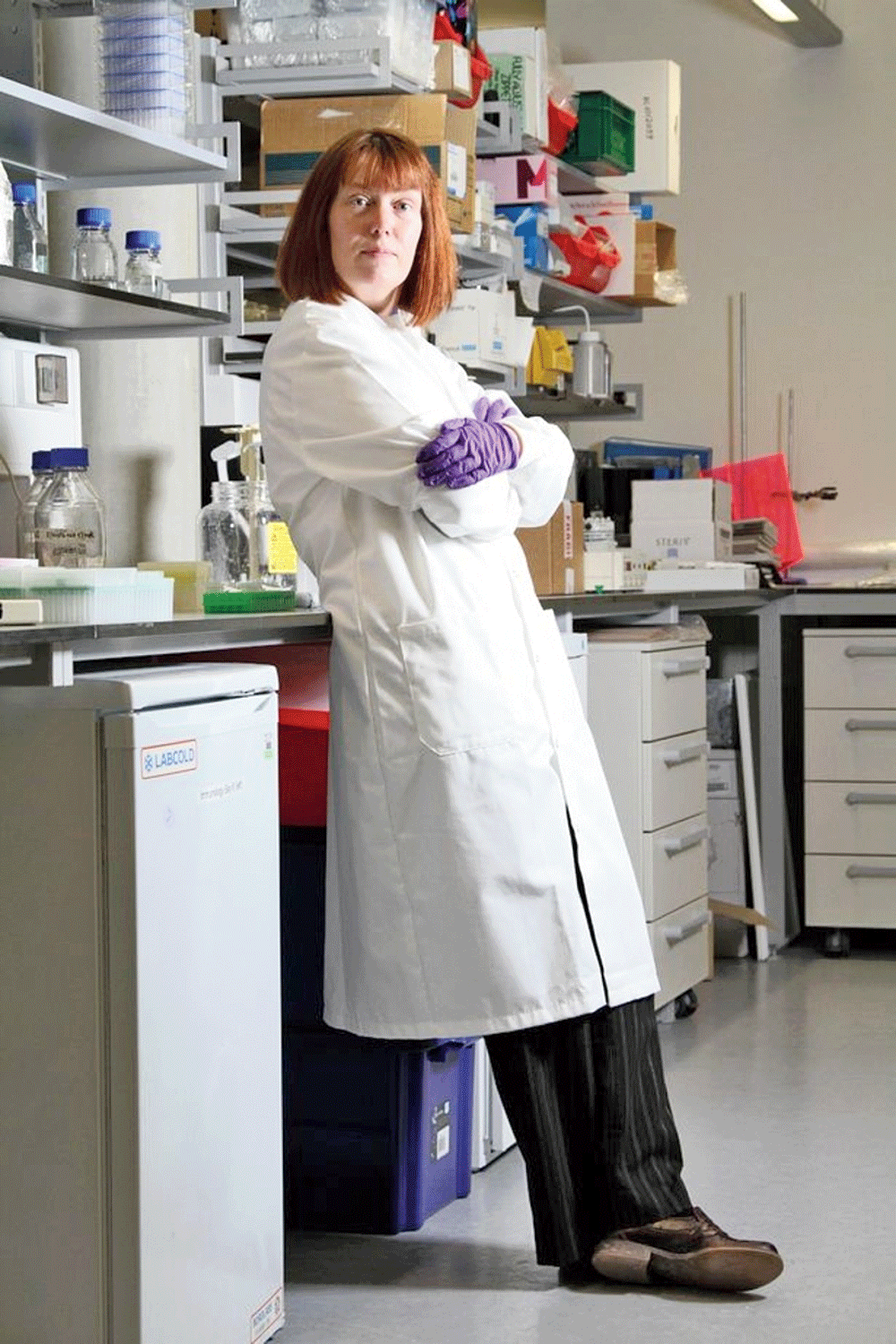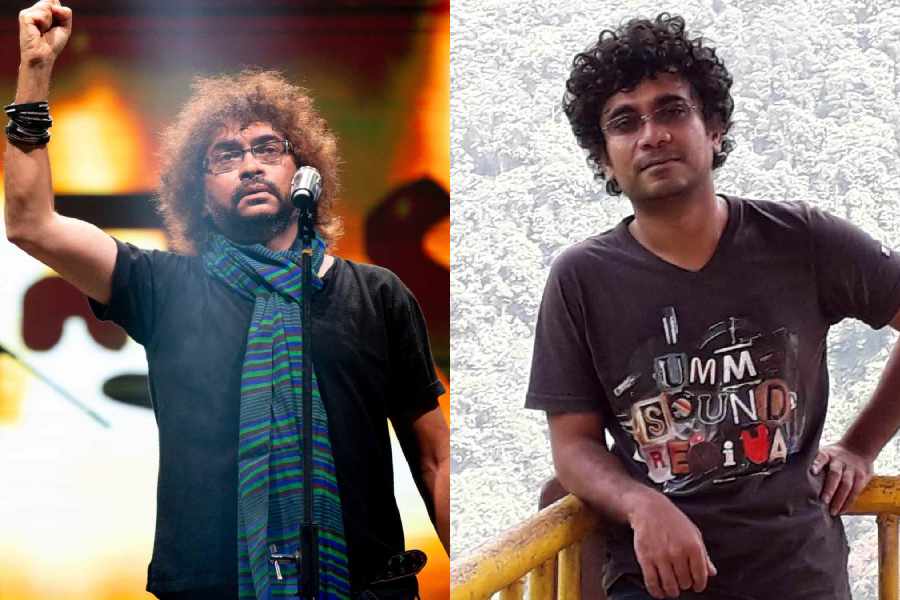Sarah Gilbert, the Oxford University professor who appears to be leading the worldwide race to find a vaccine for coronavirus, said on Monday that her team had compressed research that normally takes five years into just four months — but without compromising safety.
Since she is professor of vaccinology at Oxford, her claims are being treated with the utmost seriousness by peer groups though most members of the public will not understand the bio-science behind vaccine development.
That happens to be an area in which Oxford is recognised as being especially strong.
She explained to the BBC that the safety steps that are normally conducted one stage at a time were being done in “parallel”.
Her comments came after the government’s chief scientific adviser, Patrick Vallance, warned that vaccines are “long shots” and people should not rely on the swift development of one for Covid-19.
Vallance has been put in charge of a government taskforce which will support efforts to develop a vaccine as soon as possible.
As well as providing industry and research institutions with the resources and support, the group will review regulations to allow quick and safe vaccine trials.
Writing in The Guardian, Vallance said: “All new vaccines that come into development are long shots — only some end up being successful, and the whole process requires experimentation.”
Gilbert said Vallance’s comments did not pour cold water over her team’s work.
“We have always said this will not be the only vaccine,” she pointed out. “We think multiple vaccines can be successful, but there are now about 140 different vaccines in development and not all of them will be successful by any means.”
She confirmed she was ready to begin clinical trials by the end of this week.
Asked if she was confident her vaccine will work, Gilbert replied: “We have used this vaccine technology before and we have seen it perform very well. We think it is the best thing to use.”
Gilbert acknowledged it was still not clear whether, once a vaccine was discovered, people will need a single dose or an annual one.
“The first thing is to have a vaccine that works at all, and then to start looking at how long the immunity lasts for,” she said.
“So there’s still a long way to go. I suspect that in younger adults, say under the age of 55, it won’t need to be an annual vaccination, maybe it will need to be for older people.”
Meanwhile, the UK is gearing up to use the blood of coronavirus survivors to treat hospital patients ill with the disease.
NHS Blood and Transplant is asking some people who have recovered from Covid-19 to donate blood so they can potentially assess the therapy in trials.
The hope is that the antibodies they have built up will help to clear the virus in others.
A statement from the organisation said: “We envisage that this will be initially used in trials as a possible treatment for Covid-19.
“If fully approved, the trials will investigate whether convalescent plasma transfusions could improve a Covid-19 patient’s speed of recovery and chances of survival.
“All clinical trials have to follow a rigorous approval process to protect patients and to ensure robust results are generated. We are working closely with the government and all relevant bodies to move through the approvals process as quickly as possible.”
After his near death experience, Boris Johnson, who is recuperating at Chequers, his country residence in Buckinghamshire, appears not to be in favour of a premature easing of the country’s lockdown for fear the virus will return with a vengeance.
He is believed to have made this clear when he received a personal visit on Friday from the foreign secretary Dominic Raab, who is deputising for the Prime Minister.










